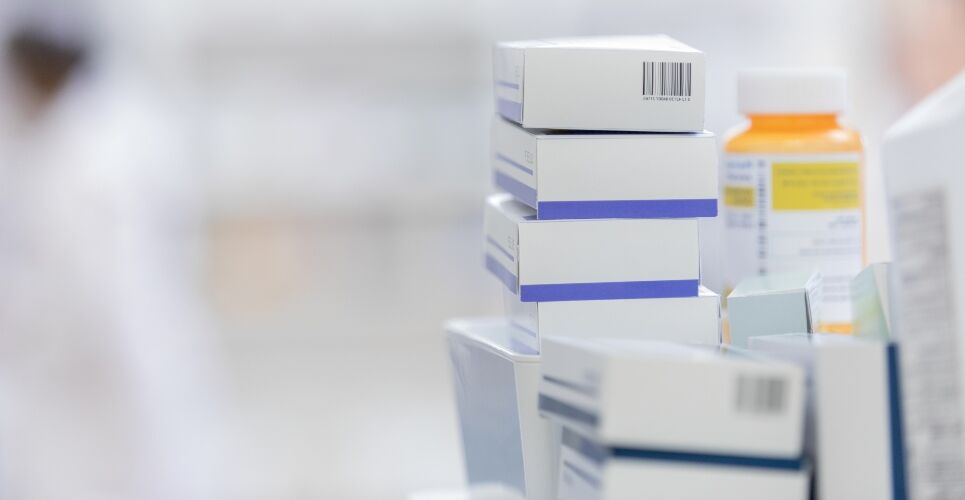A new tool to raise awareness of the risk and harm of substandard and falsified medical products among healthcare providers and facilitate their detection, quarantine and removal from the pharmaceutical supply chain has been published by the International Pharmaceutical Federation (FIP).
Developed by FIP’s Regulators Advisory Group, the ’Substandard and falsified medical products
Regulatory self-assessment tool’ is principally aimed at helping countries to self-assess the adequacy of their regulatory systems in supporting pharmacy interventions to prevent the harms of substandard and falsified (SF) medical products.
It can also be used as an educational resource for pharmacists and pharmacy teams to assist their role in detecting and preventing SF medical products reaching patients and the wider public. It could be included in undergraduate and professional programmes, FIP said.
Brett Simmonds, FIP Regulators Advisory Group chair, said: ‘We know that, in some countries, legislation governing the manufacture and distribution of medical products, or the enforcement of legislation, is either non-existent or ineffective.’
He added: ‘Where weaknesses or legislative gaps are discovered, the sections contained in this document could be adopted or adapted and become part of legislative framework to combat SF medical products coming into the supply chain.’
The tool states that ‘as the healthcare professionals at the last interface with patients in the pharmaceutical supply chain, pharmacists are key to combating and minimising SF pharmaceutical products’.
However, it also acknowledges that even when SF medicines are detected, they are often under-reported, which would otherwise prevent wider harm.
Whether in community or hospital settings, ‘pharmacists can quickly detect SF pharmaceutical products that have penetrated supply chains and report them to authorities, as well as educate and advise patients who have been exposed to or are considering using them’, it adds.
Last month, reports of ‘a very small number of people’ being hospitalised after using ‘potentially fake’ weight-loss pens, were highlighted by the UK’s Medicines and Healthcare Regulatory Agency.
The Federal Institute for Drugs and Medical Devices also announced that counterfeits had been identified at wholesale level in Germany and couldn’t rule out their presence in the country’s distribution chain.
The issue was being investigated by EU medicines regulatory authorities and the police.

